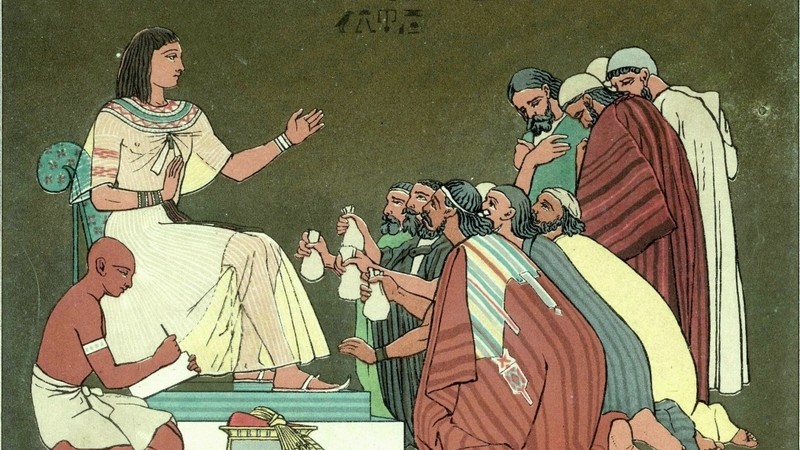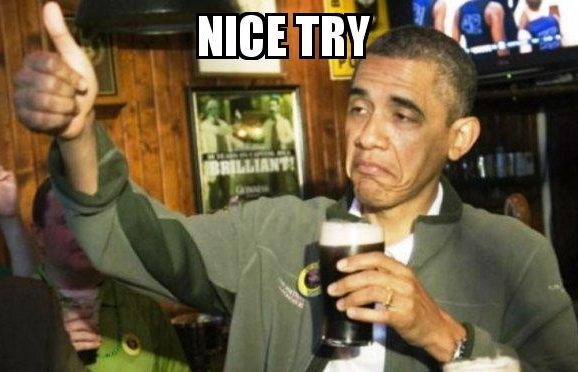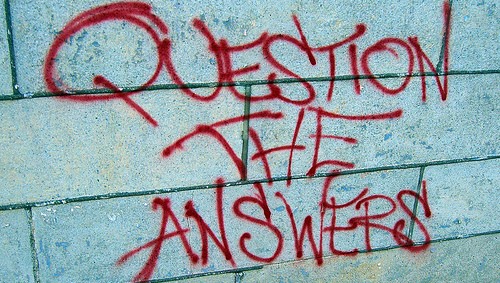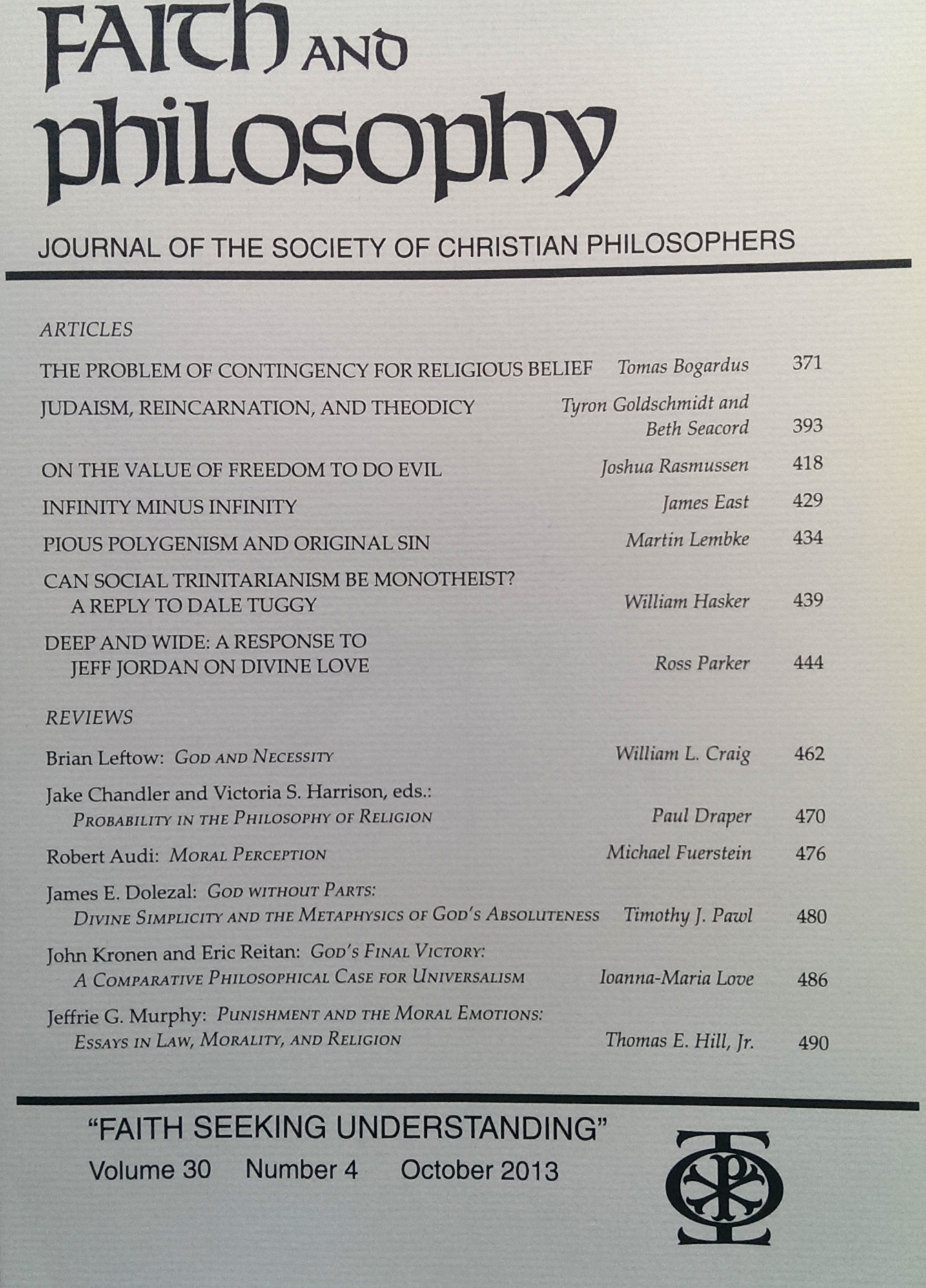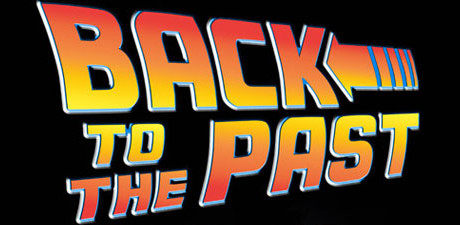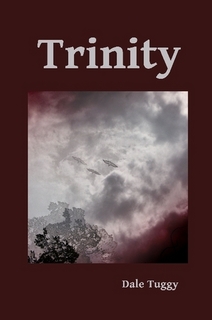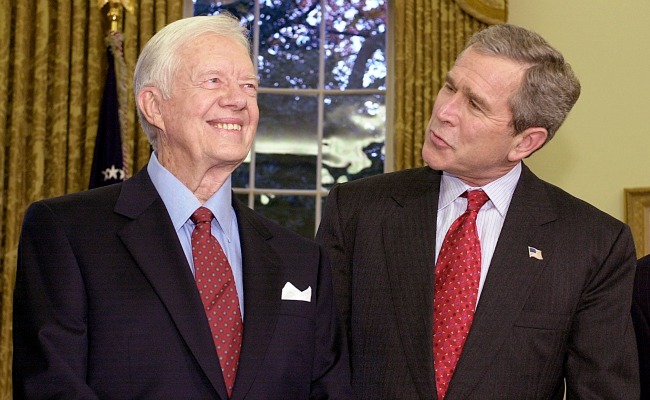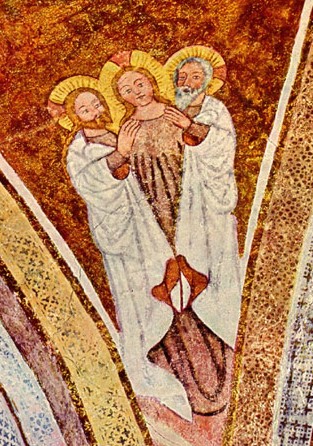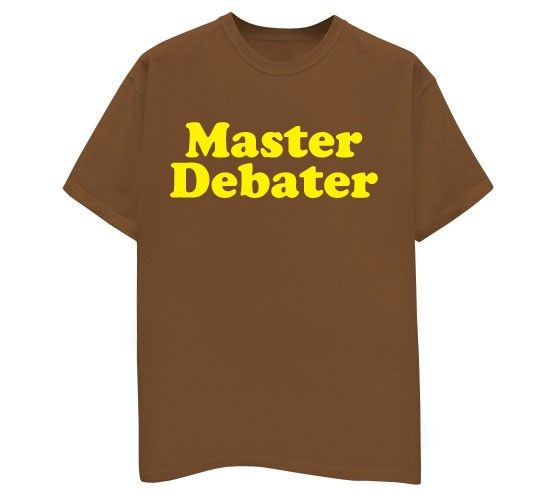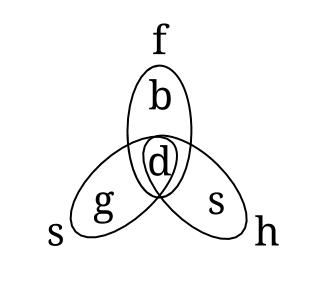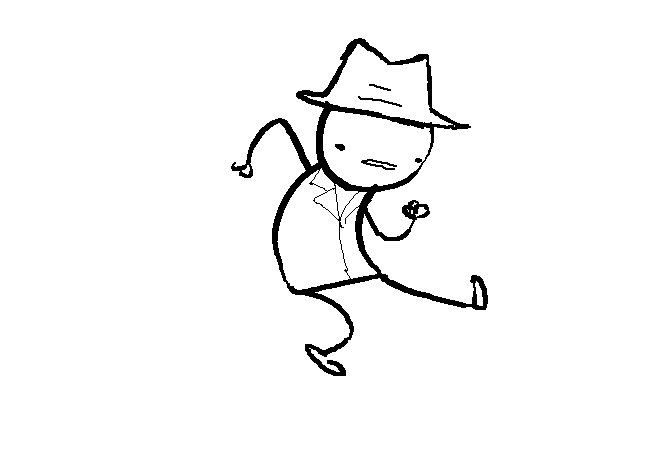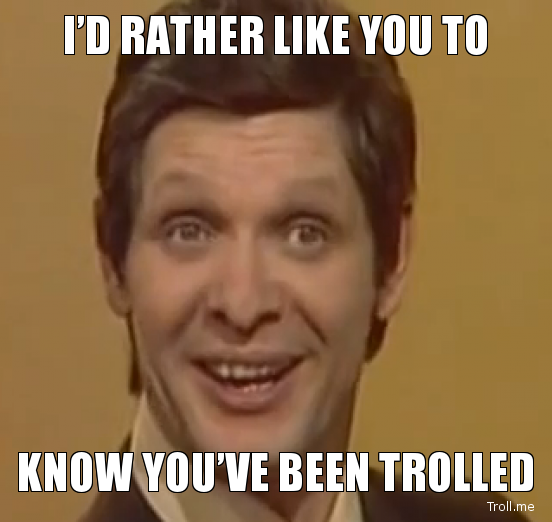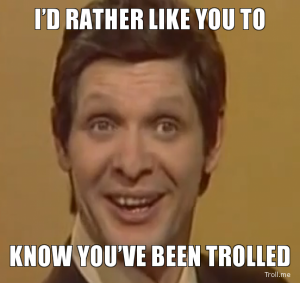 Here are a few observations on my co-blogger Dr. Scott Williams‘s recently published article in the Journal of Analytic Theology, called “Indexicals and the Trinity: Two Non-Social Models.”
Here are a few observations on my co-blogger Dr. Scott Williams‘s recently published article in the Journal of Analytic Theology, called “Indexicals and the Trinity: Two Non-Social Models.”
There’s a lot going on in the piece – some terminology, some history of theology, and some interesting dialectic with one of the best philosophers working on this topic, Brian Leftow, which centers around the concept of an “indexical” term.
But in this post, I want to narrowly focus on the theory which Dr. Williams suggests to us. This comes in his section 4, pp. 84-8. He calls it “soft LT” (to contrast it with Leftow’s “hard LT”) and I would expound it with the chart here, which I made.
f, s, and h are, respectively the divine persons: Father, Son, and Holy Spirit. d is the divine nature which they share, and which is one component in each of them. The other component in each is some “incommunicable personal attribute” (p. 84), respectively: begetting (b), being begotten (g), and being spirated (p). The ovals show the two parts or components of each divine person. (I take it that the model is committed to denying any classic doctrine of “divine simplicity.”)
None of f, s, h is identical to the divine nature, but each isRead More »Scott Williams’s “soft Latin” theory of the Trinity

